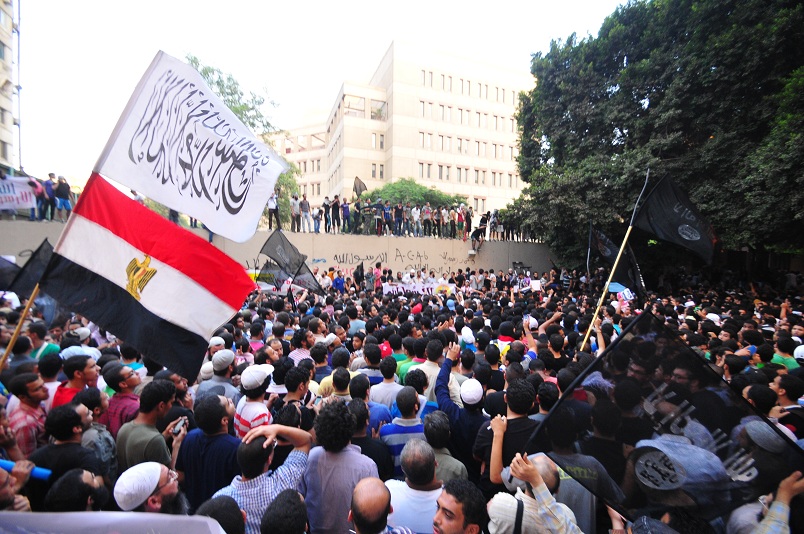Egypt on Wednesday inaugurated the third edition of the World Conference on Population, Health and Human Development 2025, held under the patronage of President Abdel Fattah Al-Sisi and in the presence of Prime Minister Mostafa Madbouly. The event brings together senior global health experts under the theme “Empowering People, Advancing Progress, Expanding Opportunities.”
In his opening address, Minister of Health and Population and Deputy Prime Minister Khaled Abdel Ghaffar affirmed that health should not be viewed as a cost, but as an investment in a more prosperous and equitable future. He stressed that every pound spent on health yields multiple returns in productivity, stability, and human development.
Abdel Ghaffar noted that health economics has become a key policy instrument and that “health diplomacy” now serves as a bridge for international cooperation towards global health security. He underscored that public health remains the cornerstone of resilience against both health and economic crises.
The minister highlighted Egypt’s flagship national programmes—100 Million Health, the Universal Health Insurance System, and the presidential Decent Life initiative—as examples of integrated economic, social, and health policies ensuring equitable access to quality services.
The opening session also marked a historic milestone as Egypt received World Health Organization (WHO) certification declaring the elimination of trachoma, adding another achievement to the country’s long record in combating infectious diseases.
Abdel Ghaffar pointed out that Egypt’s health sector budget has expanded more than ninefold, from EGP 42.4bn in 2014 to EGP 406.47bn in 2025, reflecting a paradigm shift in viewing health expenditure as a driver of economic growth rather than a financial burden.
A ministry presentation titled “Investing in Health: Economic Returns and Health Diplomacy” showcased key accomplishments, including the elimination of surgical waiting lists—treating 2.95 million cases at a cost of EGP 29.44bn—and the provision of publicly funded treatment to 22.8 million patients with total spending amounting to EGP 142.2bn between 2014 and 2025.
It further revealed that 15 national health initiatives have collectively delivered 260 million services nationwide, while highlighting that every EGP 1 invested in prevention yields a return of EGP 1.7, underscoring the strong economic value of investing in health.
Egypt has also emerged as a leader in global health diplomacy, providing medical aid to African nations, eradicating diseases such as polio, malaria, hepatitis C, measles, rubella, and hepatitis B, and becoming a WHO-designated reference centre for antimicrobial resistance.
The minister also announced new initiatives to advance knowledge-based health diplomacy, including the establishment of Egypt’s Health Diplomacy Academy and the hosting of the first overseas branch of France’s world-renowned Gustave Roussy Cancer Centre.
Abdel Ghaffar concluded: “Investing in health is not a luxury—it is the foundation of investing in people,” emphasising that health economics and diplomacy are practical tools to promote efficiency, equity, and cooperation towards a safer, healthier world for future generations.




